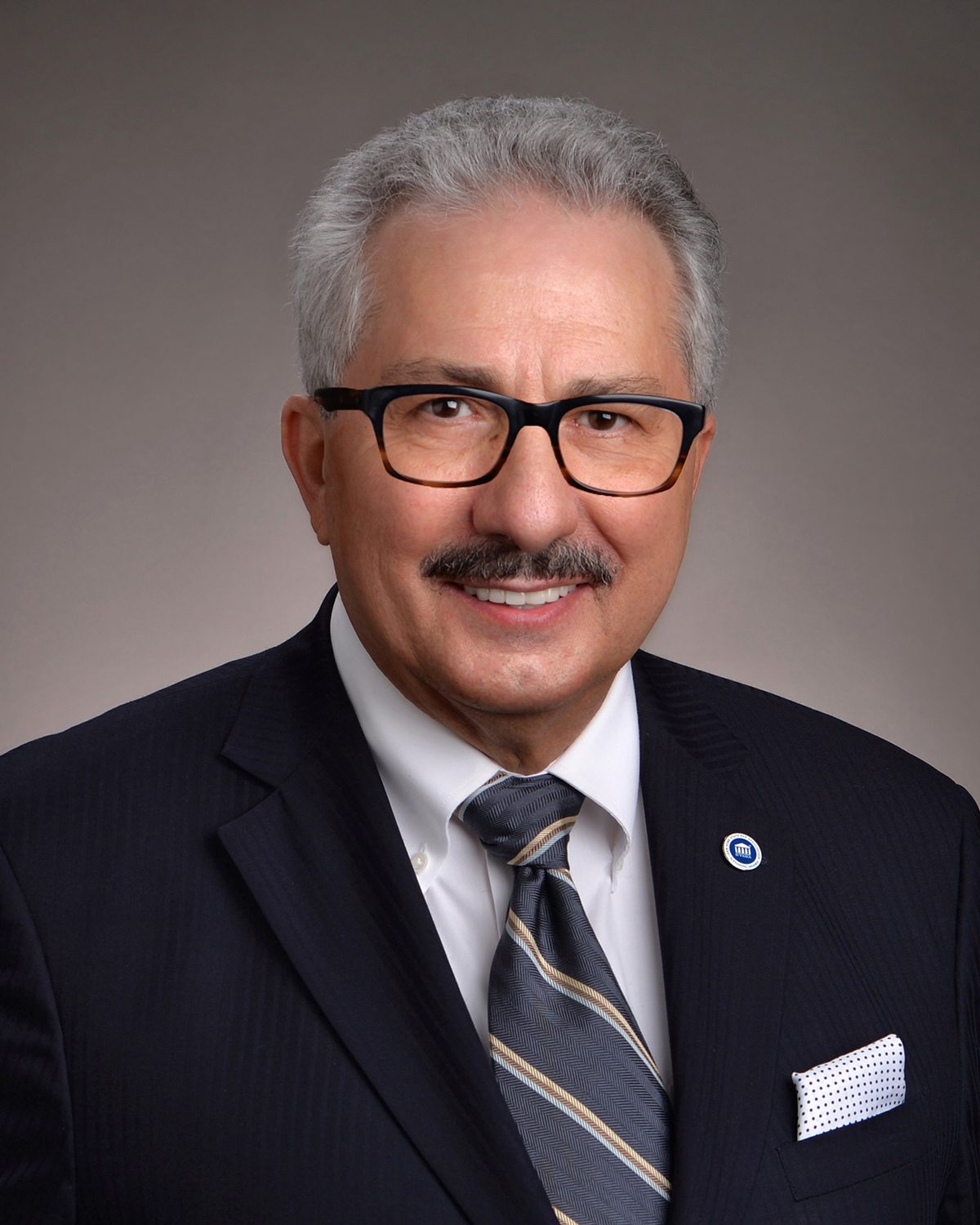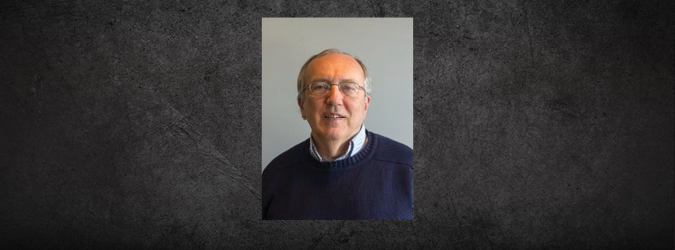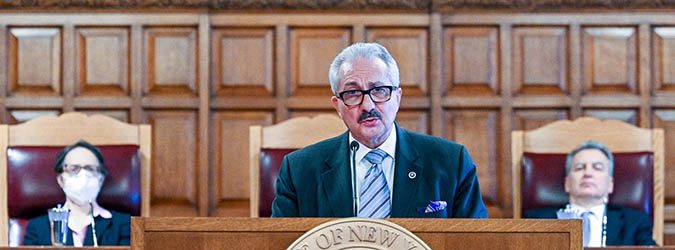President’s Message: Time for Change: Future Attorneys in New York Need a Rigorous Exam To Be Better Prepared
3.3.2025

As we’ve come to realize, it is indeed demanding to practice law given the fact that our work has a dramatic impact on the quality of our clients’ lives and the welfare of our state’s residents.
In New York, this pressure is even more intense because our successes serve as a model for the rest of the legal profession. We handle some of the globe’s most sophisticated legal matters. Our corporate attorneys represent the highest echelons of the business world, and lawyers everywhere have acknowledged that our court system is the Gold Standard.
That is why it is difficult for me to understand how any lawyer would want to start a career in New York without a deep understanding of how our courts operate and what our state laws dictate.
This is one of the most critical issues facing the legal profession in New York and why the Bar Journal is dedicating so much of its time and attention to it. In a previously posted story, Justice Mark Dillon of the New York State Supreme Court, Appellate Division, Second Department, makes a passionate plea for a rigorous New York bar exam. In questions and answers with David R. Marshall and Suzanne Darrow-Kleinhaus, the chairs of the New York State Bar Association Committee on Legal Education and Admission to the Bar, Justice Dillon has described how adopting the Uniform Bar Exam in 2016 led to the predicament we unfortunately find ourselves facing today.
When New York began administering the Uniform Bar Exam almost a decade ago, it also created a state-specific test known as the New York Law Examination, a multiple choice, open-book exam that tests knowledge of New York law but requires very little studying. Actually, Justice Dillon believes that reasonably smart high school students could pass the New York Law Exam, and I wholeheartedly agree with him.
What New York should do now is change its course. The state should be creating a tough test on New York law that will assess students’ grasp of the state’s laws and procedures. The test should be comprehensive and challenging enough to give applicants for admission in New York the incentive to learn how to spot and analyze issues that they will likely encounter while serving their New York clients. We need a rigorous state bar exam to help ensure that New York lawyers are prepared to practice immediately after admission to the bar.
Our newly admitted attorneys’ lack of preparation is having a negative impact throughout our state’s legal system. Marshall and Darrow-Kleinhaus disclosed this in the cover story they wrote for the Fall 2024 edition of the Bar Journal. Their article describes how law students themselves believe the New York Law Exam lacks rigor. In fact, bar applicants on the social media platform Reddit say that studying a few days ahead is sufficient to pass the exam.
These concerns are not new to us.
Starting in April 2019, the New York State Bar Association’s Task Force on the New York Bar Exam studied these issues in an in-depth and thorough manner. In its first report in March 2020, one of the task force’s key recommendations was that passing an exacting exam on state law should be a prerequisite for admission to the New York bar.
The task force reiterated this in its June 2021 report, which recommended that the state withdraw from the Uniform Bar Exam and develop its own admissions test so that New York lawyers are sufficiently versed in the state’s legal principles and practices.
With the National Conference of Bar Examiners offering the Uniform Bar Exam for the last time in February 2028, New York announced that the NextGen exam will become the test students who want to be admitted to practice in the state will need to pass, starting in July of that year. But that multistate test has the same shortcomings as the Uniform Bar Exam. These exams simply do not prepare lawyers to practice in New York, and because of the lack of a challenging exam, students do not enroll in courses on New York law, and law schools no longer require that they do so.
There was a time when 80% to 90% of New York law students took a course on New York practice. However, three years after the Uniform Bar Exam was adopted, that figure dropped to 20% at some law schools. When I see how ill-prepared some attorneys are on the matter of how to practice law in New York, I believe it can be traced back to New York’s decision to forsake its own tough bar exam.
Ultimately, new lawyers need to understand our state’s laws so they can best serve their clients. We also want our newest attorneys to be driven to further elevate New York’s legal standing.
That does not appear to be the case in 2025.
I have spoken to my colleagues on numerous occasions about the lack of knowledge new attorneys have, and the discussion always comes back to the fact that they no longer take a course in New York practice and are not held accountable for understanding it on the bar exam.
Justice Dillon also noted in his conversation with Marshall and Darrow-Kleinhaus that answering 30 out of 50 multiple choice questions correctly – the requirement to pass the test – does not provide an adequate measure of a new lawyer’s preparedness to practice law in the state.
I have personally witnessed how unprepared some newly admitted attorneys are as a result of them not taking a class in New York practice. I recently faced an adversary who was incapable of placing a document into evidence, and I have heard similar stories from other seasoned lawyers.
You may wonder whether any test properly measures an applicant’s ability to practice law. Maybe no test can. But the evidence that an easy New York portion of the bar exam is contributing to the problem is overwhelming.
With the demise of the Uniform Bar Exam, we finally have an opportunity to rectify the problem. We need to continue our efforts to ensure that sitting for the bar exam is not merely a ritual, but an accurate measure of a student’s comprehension of the law and their readiness to practice.
Our goal is to better serve our clients, and to do that, we need well-trained attorneys, not just good test takers. We want them to push themselves in a manner that prompts their curiosity and fosters a habit of lifelong learning. We can’t expect new attorneys to have all the answers, but they should have sufficient knowledge to handle the basic responsibilities of prosecuting or defending a case and competently advising clients in non-litigated matters. Our code of ethics demands that and our honored profession deserves it.






